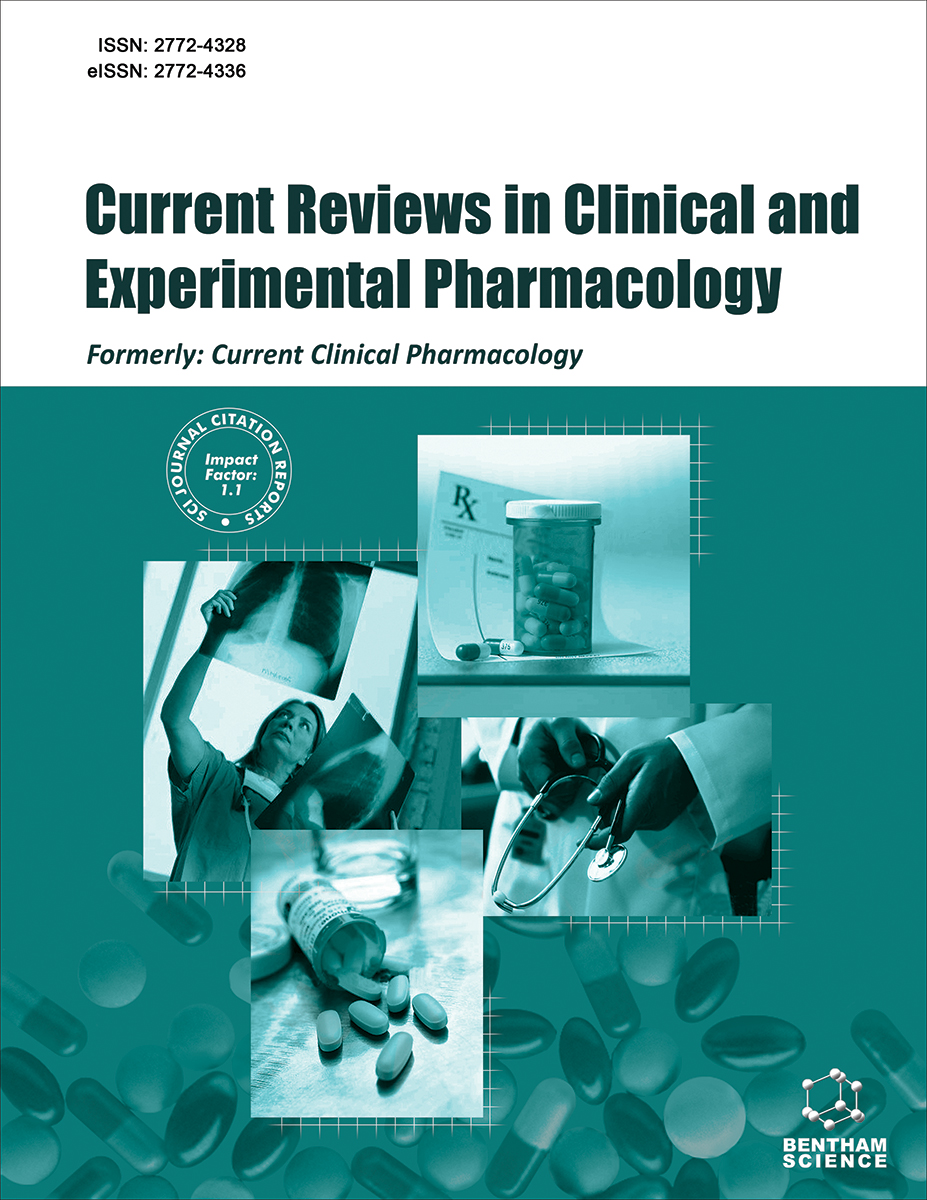
Full text loading...
Pancreatic Cancer (PC) is one of the most malignant tumors and highly invasive neoplasms around the world.
This systematic review and meta-analysis aims to study the relationship between the use of renin-angiotensin-aldosterone system inhibitors and the incidence and mortality of PC.
The electronic search was conducted systematically until October 10, 2023. in databases, including Scopus, Web of Science (WOS), PubMed/MEDLINE, Cochrane Library, and Embase. The required data were extracted from the articles and were analyzed by Stata 15 using statistical tests (Chi-square and I2), Forest plots, and publication bias tests (Begg's and Egger's tests).
A total of four studies (2011-2019; n=314,856) investigated the relationship between RAS antagonists and PC risk. No significant associations were found between angiotensin receptor blockers (ARBs) (OR=0.94, 95% CI: 0.77-1.14, p=0.513), angiotensin-converting enzyme inhibitors (ACEIs) (OR=0.96, 95% CI: 0.84-1.09, p=0.505), or combination therapy (ARBs + ACEIs) (OR=0.97, 95% CI: 0.87-1.09, p=0.627) and PC risk. Also, nine studies (2010-2023; n=20,483) examined the association between renin-angiotensin-aldosterone system inhibitors and PC mortality. Significant reductions in PC mortality were found for ARBs (OR=0.81, 95% CI: 0.66-0.98, p=0.032), ACEIs (OR=0.89, 95% CI: 0.80-0.99, p=0.038), and combination therapy (OR=0.83, 95% CI: 0.70-0.97, p=0.022). No evidence of publication bias was found in the study results.
In summary, while renin-angiotensin-aldosterone system inhibitors did not appear to impact PC risk, their use was associated with lower PC mortality based on this meta-analysis of the current evidence. More rigorous and well-designed studies are required to validate and support these findings.

Article metrics loading...

Full text loading...
References


Data & Media loading...
Supplements

